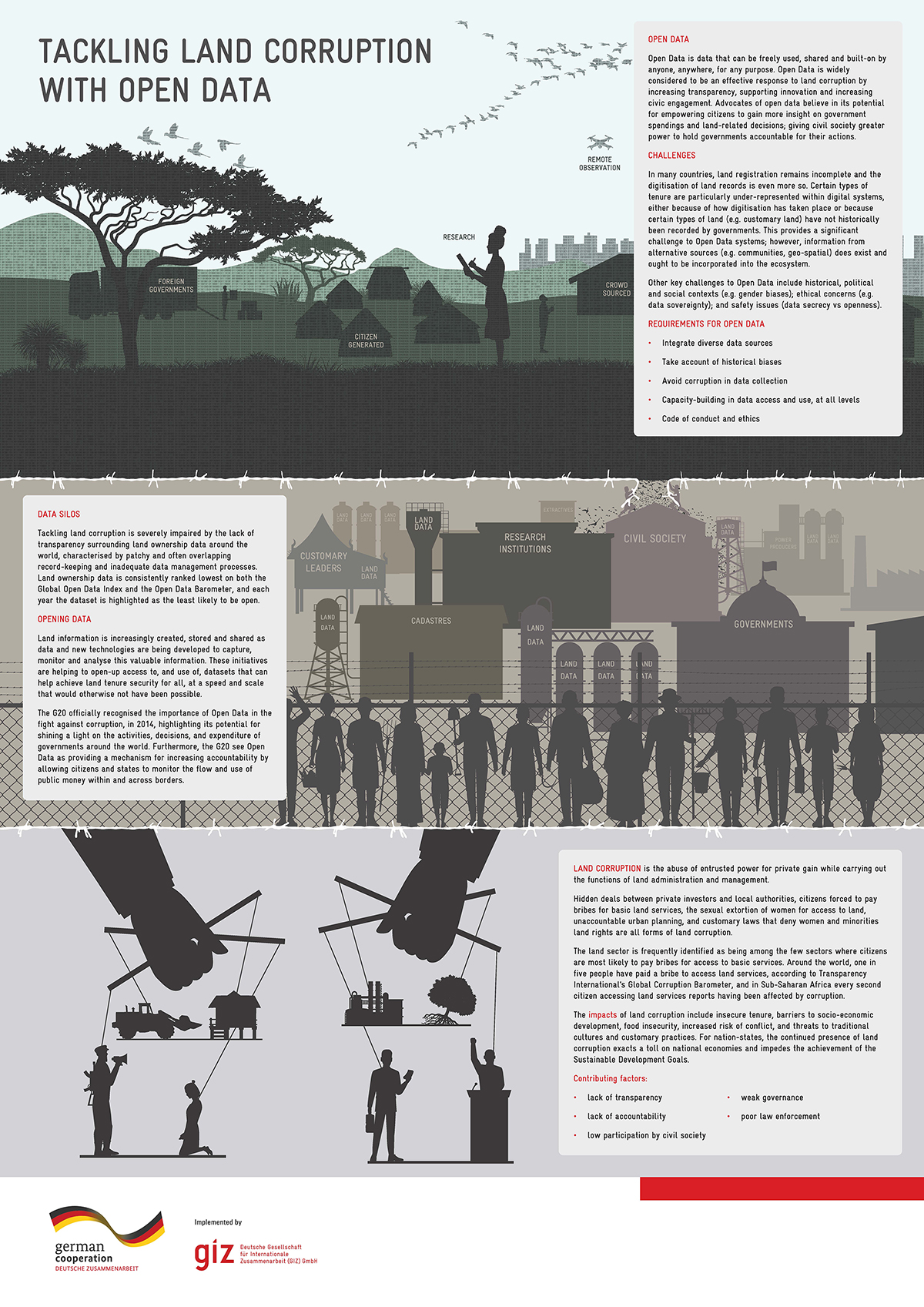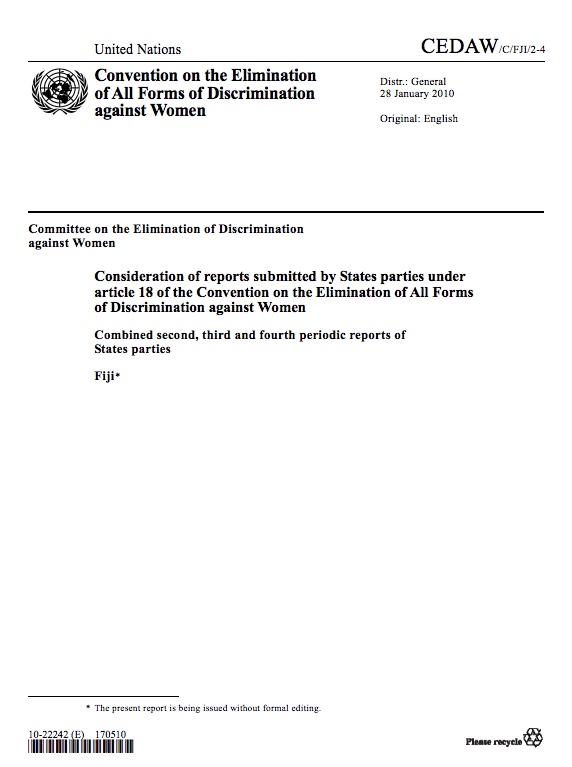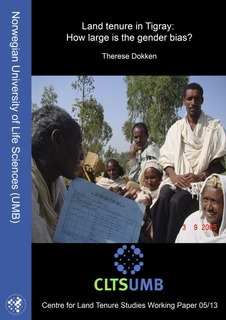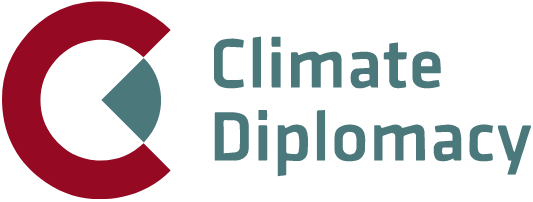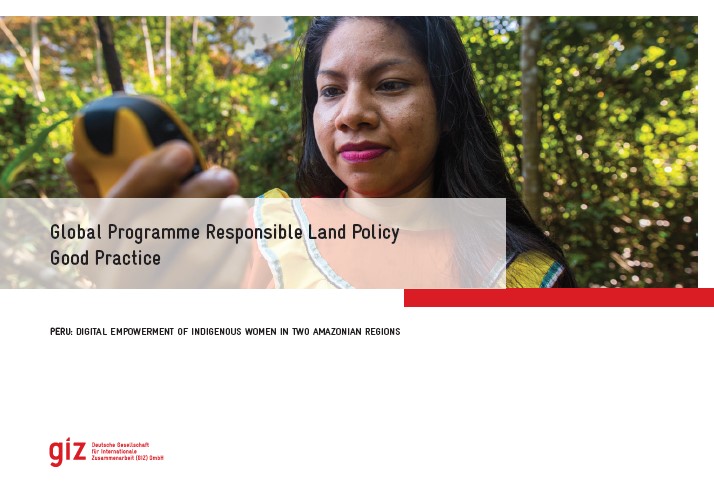Progress Towards the SDG Land Rights Commitments
In 2015 we celebrated world leaders’ recognition of the foundational and strategic role that secure land rights for all –women and men, regardless of ethnicity, religion, place of residence, or civil, economic, social, or political status—must play to achieve a world free of poverty, hunger and systemic gender discrimination.


